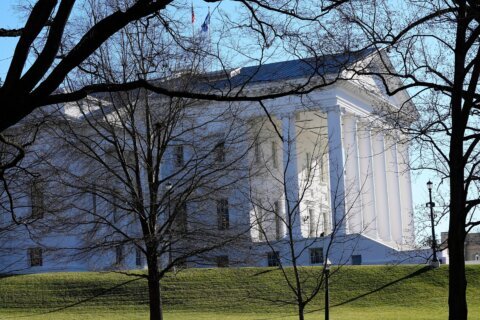Fauquier County, Virginia, has seen an increase in applications to build “megachurches” — mostly in rural areas — and is considering tweaking its approval policy to make sure places of worship don’t overwhelm area roadways and parking.
Fauquier County’s Board of Supervisors is drafting a text amendment to its zoning ordinance that would allow the county to incorporate a future facility’s size and impact on the community into the approval process.
“Typically, places of worship are located in the rural areas due to the available land that is more affordable,” according to the board’s staff report. In addition, these places of worship “can become destination centers with dining facilities, fitness centers, recreational facilities, and entertainment activities,” according to the staff.
“The size of the facility, congregation size, and number of additional activities, all directly affect the amount of parking needed and the amount of traffic generated by the use.”
Other concerns for new, larger places of worship include light pollution, land clearing, water and septic demand, and fire suppression needs.
Currently, there is one category for places of worship in the county’s zoning ordinance, all of which require a special permit approval.
The board is considering dividing places of worship into two categories: minor or major.
Under the new proposal, larger complexes would require a special exception approval, rather than a special permit approval.
Included in the more stringent major category would be places of worship, and any accessory buildings, that are 10,000 square feet or greater, and have 300 seats, or more.
Other requirements would include buildings be located more than 100 feet from those on adjoining residential or rural properties; be located along large roadways; and that off-street parking be screened-off from nearby residents.
During a Sept. 9 meeting, the board decided to continue the public hearing process and postpone action on places of worship for 30 days. At the same time, the board agreed that existing applications would continue through their current zoning appeals process.








